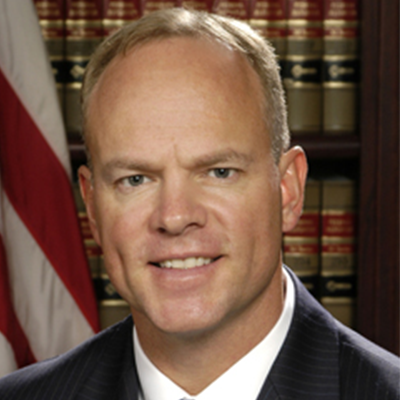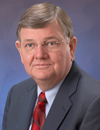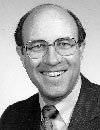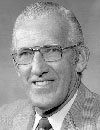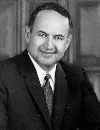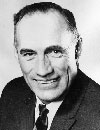This website uses cookies so that we can provide you with the best user experience possible. Cookie information is stored in your browser and performs functions such as recognizing you when you return to our website and helping our team to understand which sections of the website you find most interesting and useful. Please see our privacy policy for more information.
Wyoming
Gov. Joseph Maull Carey
- January 2, 1911 - January 4, 1915
- Democratic
- January 19, 1845
- February 5, 1915
- Delaware
- Union College in New York, University of Pennsylvania
- Married Louisa David; two children
- Senator
About
Born in Milton, Delaware, JOSEPH MAULL CAREY attended Union College in New York and graduated from the University of Pennsylvania Law School in 1864. He was appointed by President Ulysses Grant to the post of U.S. Attorney for the newly-organized Wyoming Territory in 1869, a position that he held until 1871, when he was appointed Associate Justice of the Territorial Supreme Court, serving until 1876. He was also Mayor of Cheyenne and a territorial delegate to the 49th Congress in 1885, a position in which he helped secure passage of legislation to grant statehood to Wyoming. In 1890, he was elected by the state legislature to be the first U.S. Senator from Wyoming. In the Senate, he sponsored the Carey Arid Lands Act, providing for cession of federal lands to states on the condition that they be irrigated. Because of his support of the gold standard against the free coinage of silver, the state legislature failed to reelect him to the Senate, but he returned to politics in 1910, accepting the Democratic nomination for governor when he could not obtain Republican backing. As governor, Carey supported progressive reforms, securing a direct primary, a secret ballot, and a corrupt practices act. He did not run for reelection in 1914 but was a delegate to the Progressive National Convention in 1916 and took part in the 1918 candidacy of his son—Robert Davis Carey—for governor under the Republican banner. His son won the election and reunited the Progressive and Republican parties in Wyoming. Carey died and was buried in Cheyenne.
Source
The National Cyclopaedia of American Biography, Vol. 29. New York: James T. White & Company.


